
Historical Views of Healing
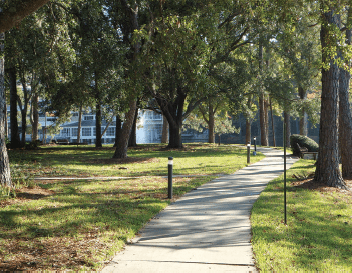
Growth of Knowledge and technology
The centuries since have seen enormous advancements in the treatment of many illnesses. Technological advances result from better knowledge and technological utilization of physics and chemistry. The causative factors responsible for those changes have altered, for the better, our understanding of the nature of health and the processes of healing.
Holistic Healing: Mind, Body, Spirit

“It is not merely the sick, but also the healers who need to understand that modern medicine has a lower appreciation of the full context of illness. “
Today the stresses of the lack of social relationships, or the stresses that arise from them, are often not recognized as a major factor in the reasons for seeking medical help. Many psychological problems present as psychosomatic complaints associated with unsatisfying social life. The amount of psychotropic drugs, which are handed out by physicians is an important measure of the incorrect assumption that psychosomatic illness can be adequately treated by drugs. It is unlikely that individuals can restore themselves to optimum health without help from psychological and social measures appropriate for the healing of sustained emotional distress.
Physician Care Through Holism
“The attempt of patients to seek alternate medical treatments, which are often not scientifically validated, is an indicator of the longing for a personal relationship of trust and caring from the physician. “
A battery of sophisticated or expensive diagnostic procedures, which are common in modern scientific medicine, is practiced for the exclusion of serious pathological processes within the body. This practice seldom satisfies the individual who experiences persistent pain or constantly worries about the fear of cancer or the possible occurrence of future serious illnesses. Chronic anxiety manifested by“doctor

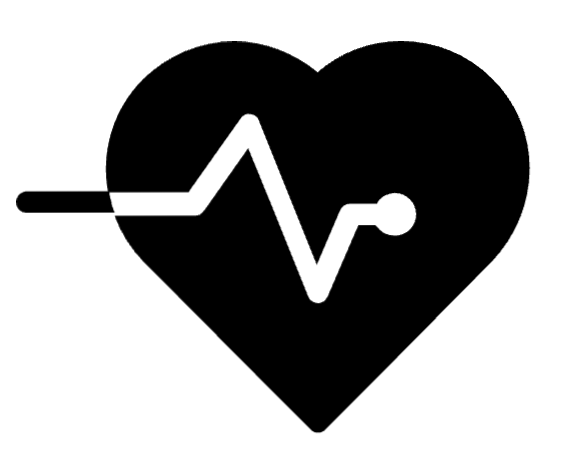


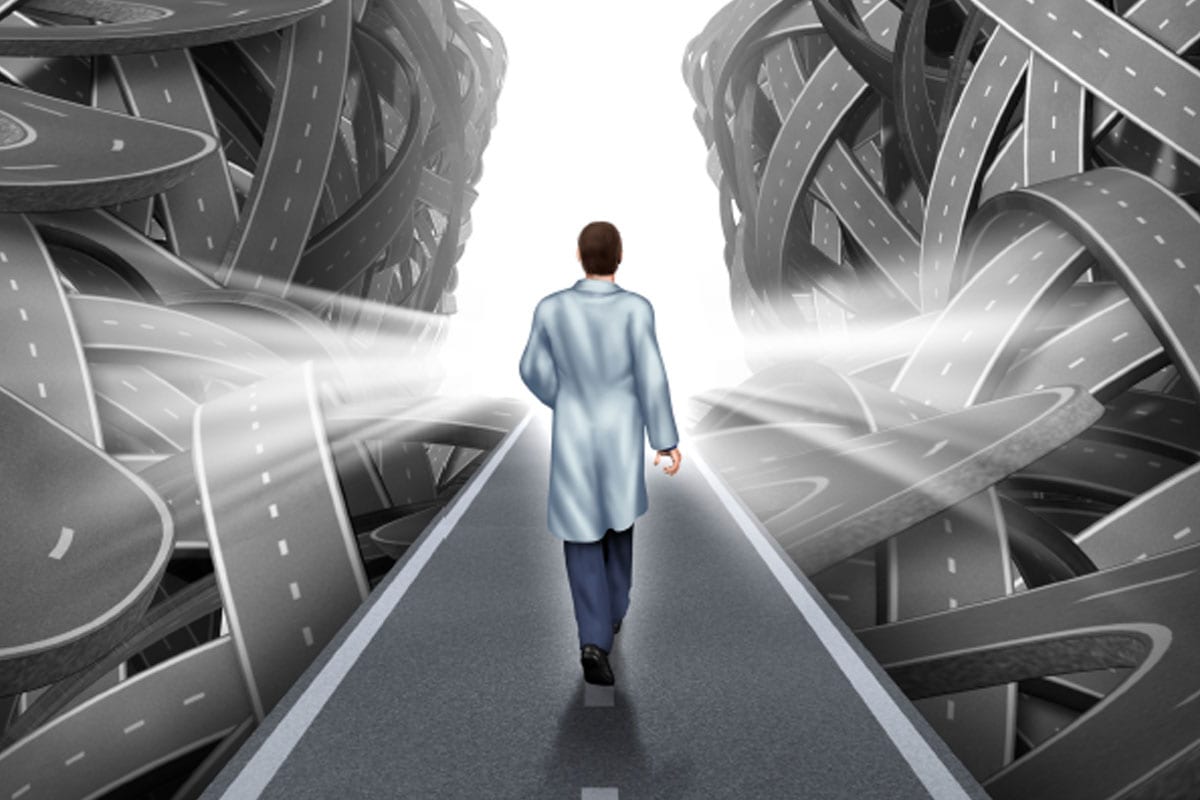


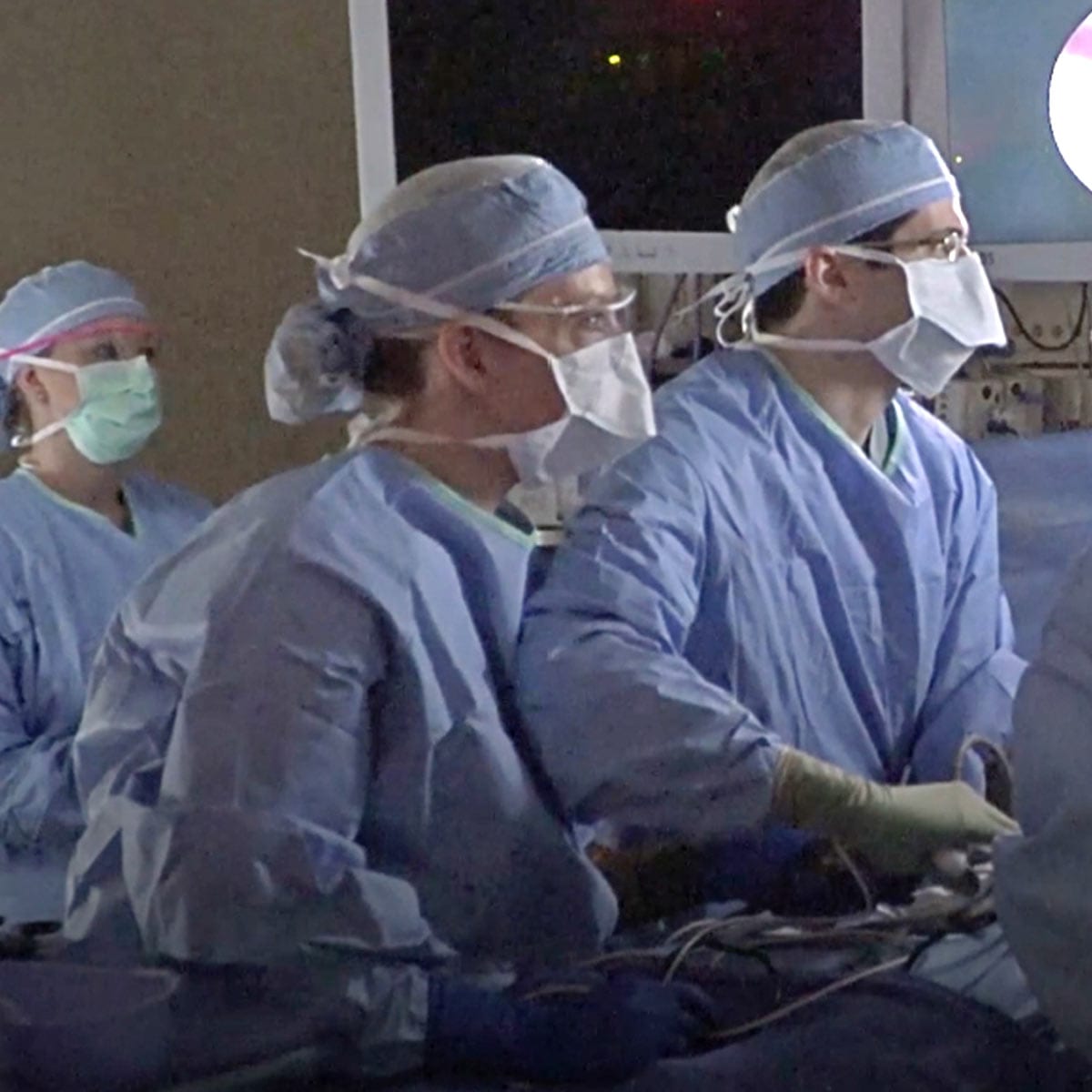
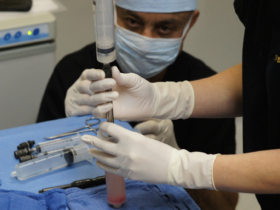


Got a Questions?
Find us on Socials or Contact us and we’ll get back to you as soon as possible.